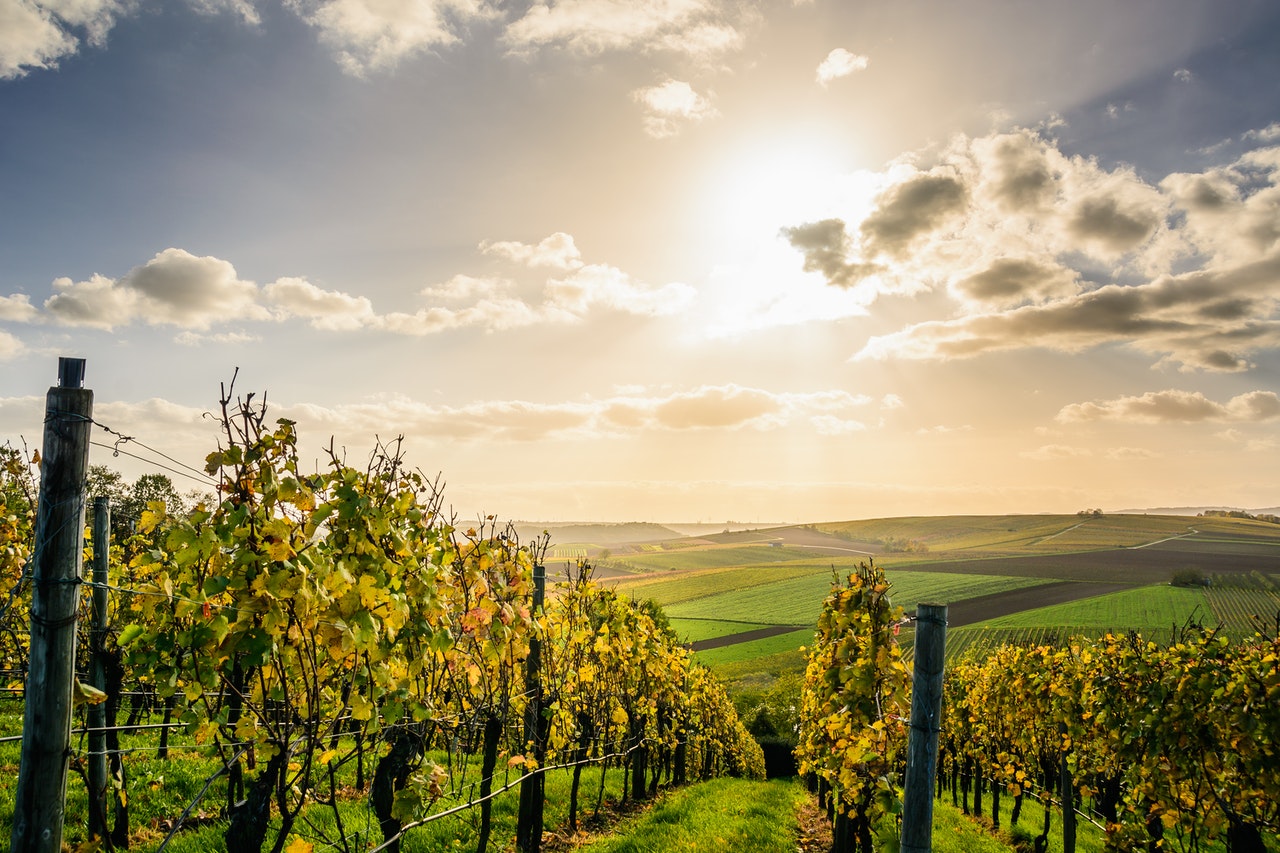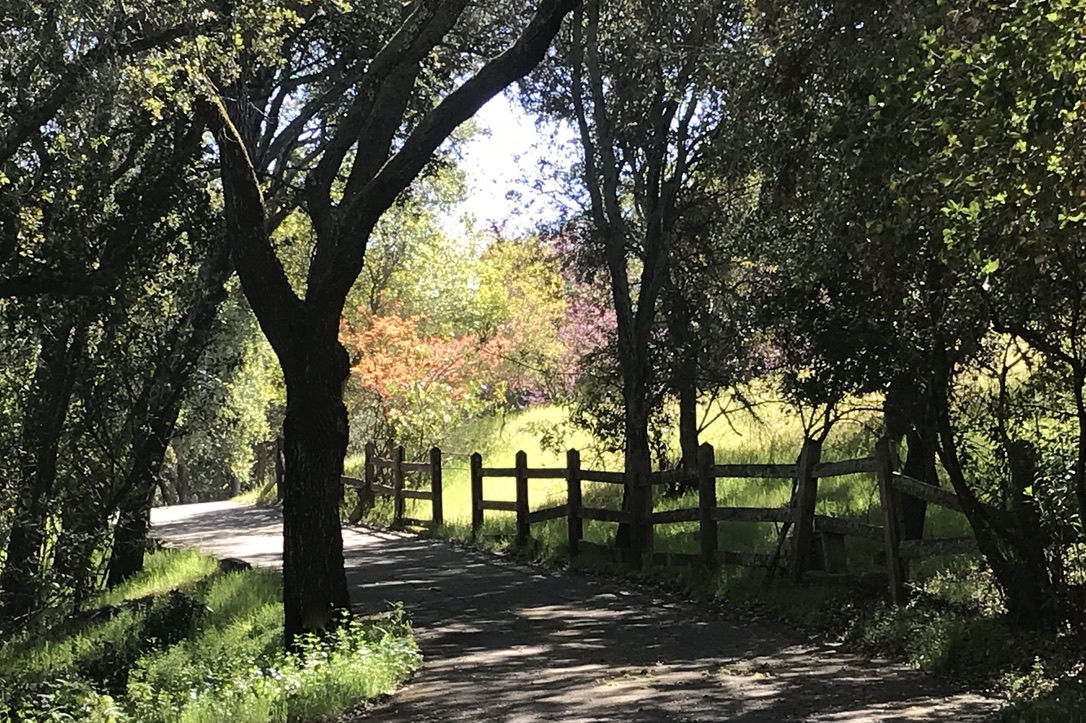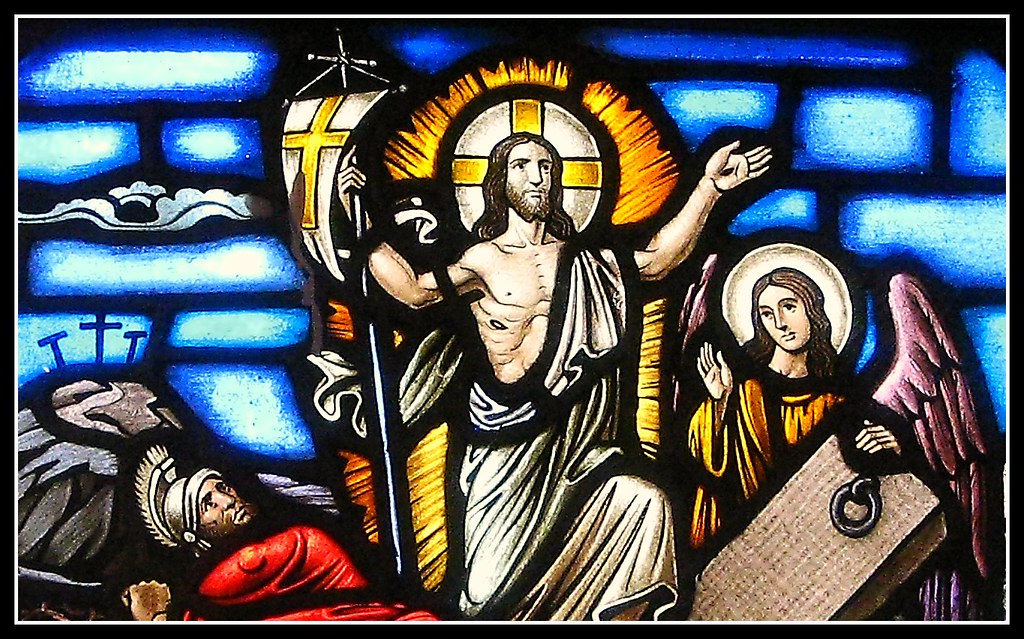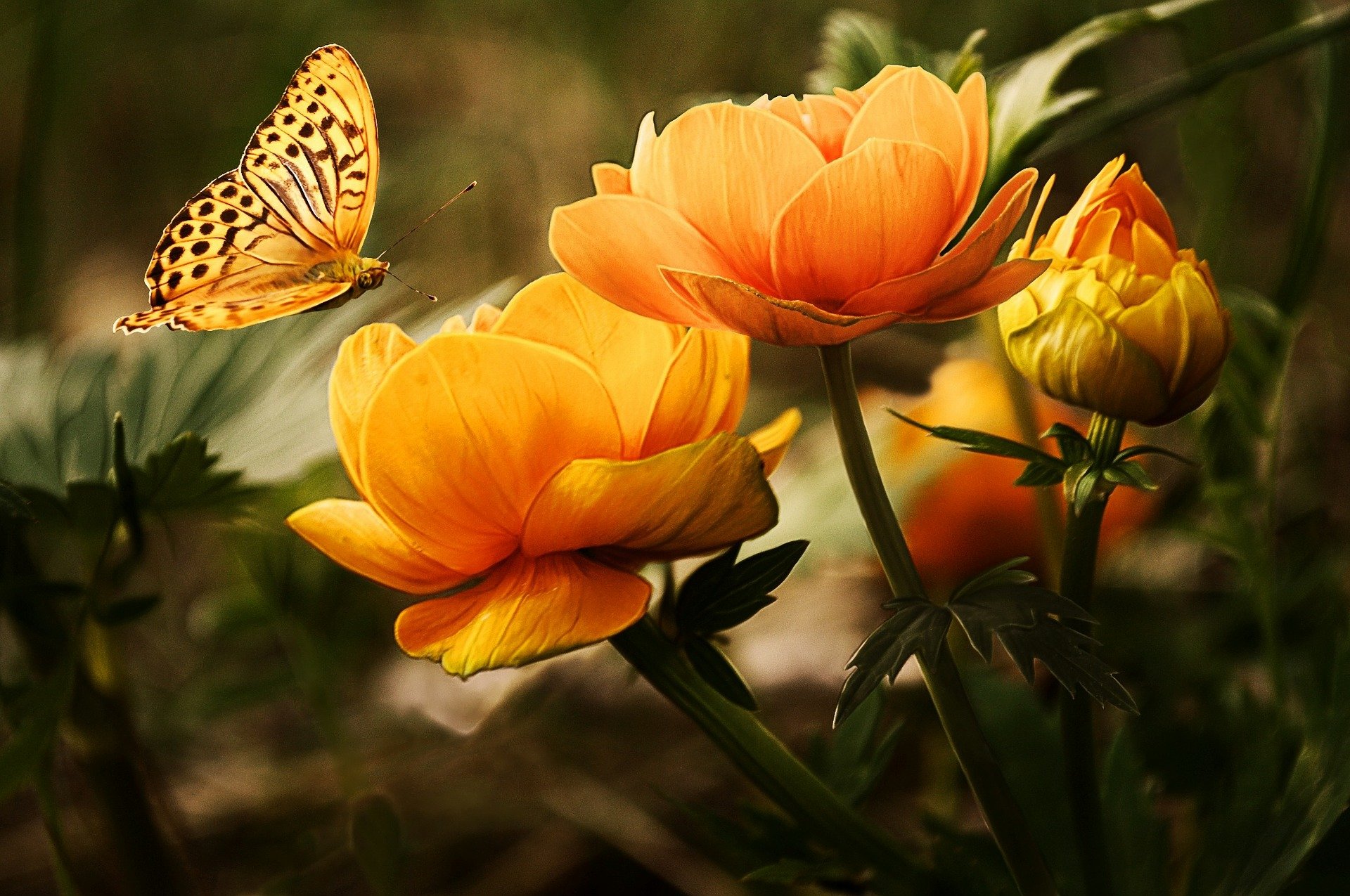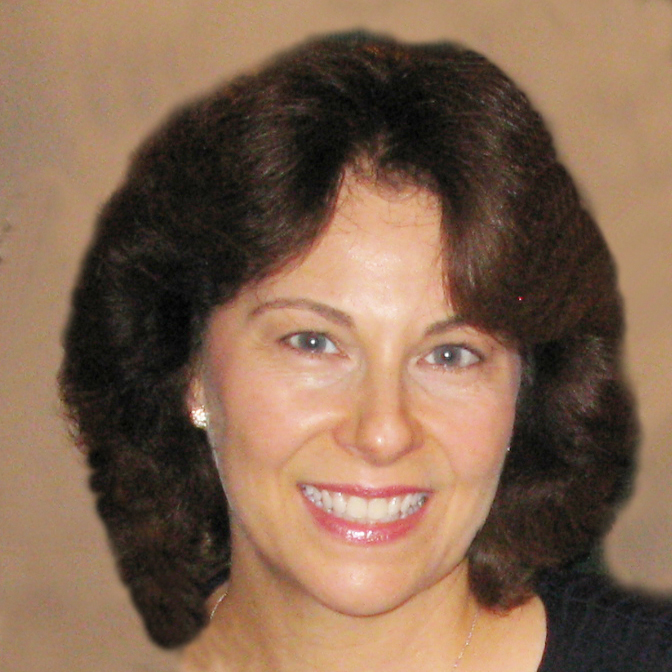The Communion of Saints
Why do Catholics pray to saints?
“Love one another even as I have loved you.” (Jn 13:34) These were Jesus’s words at the Last Supper to His beloved apostles. He calls us to love as He loves. He has given His example for us to follow: He washed feet, cared for the sick, showed compassion for those who mourned, and prayed unceasingly for His apostles. All these things we are called to do as He did them. When we pray for one another, we are doing as Jesus commanded. Often at the end of our prayer we include the words “in Jesus’s name, Amen” because Jesus told us “whatever you ask in My name I will do it .” (Jn 14:13)
Jesus further said, “Abide in Me and I in you. As the branch cannot bear fruit by itself, unless it abides in the vine, neither can you unless you abide in Me.” (Jn 15:4) Apart from Jesus we can do nothing, but this scripture also reveals to us something of the mystery of the Body of Christ: we are all “members of the Body of Christ” (1 Cor 12:27) and all the works and prayers we offer are done for His glory. As beings given the gift of eternal life (Jn 6:40), we abide continually in Jesus whether we are here on earth or in Heaven. Thus, in Heaven we continue our prayers for one another for His glory.
The Apostles’ Creed, which is the statement of faith professed by all Christians, contains the phrase “communion of saints.” As members of the Body of Christ, those “branches” in Heaven as still connected to the vine. Those in Heaven, in fact, are more perfectly connected to the Divine Will of God than those of us here on earth. On earth, we still struggle between doing our will and doing God’s Will. In Heaven that struggle has ceased; all in Heaven are perfect. They love perfectly. They offer praise perfectly. They are in perfect alignment with God’s Divine Will. They pray perfectly.
As Christians we pray for one another. We often ask our friends to pray for us. But do we ask the friends who have no relationship with God, or do we ask the friends who love God? If we ask those who love God, then why wouldn’t we ask those who love God perfectly? Just as the prayers of our believing friends are far more efficacious than the prayers of those with no relationship with God, aren’t the prayers of those perfectly in line with God’s Divine Will even more efficacious? As Catholics, we do not worship angels and saints, but we do know that they love us and desire to help us.
Our human friendships do not end at death, but continue into eternity. We do not go to Heaven to exist on our own little islands; we go to Heaven and are united as one. In Heaven, Jesus’s prayer “that they may be one” (Jn 17:20) is perfectly fulfilled. On earth, we are commanded to do the same by Jesus. In the Our Father (also known as The Lord’s Prayer) Jesus asks us to pray to Our Father “Thy will be done on earth as it is in Heaven.” This oneness of prayer and communion with all members of the Body of Christ – on earth and in Heaven – is an integral part of the fulfillment of this prayer. Every good that we do on earth, “Thy Will,” is an imperfect reflection of the prefect good that all do in Heaven. Thus, those in Heaven can and do pray for us because it is the Will of The Father, it is in imitation of The Son, and Jesus is “glorified in them.” (Jn 17:11)

